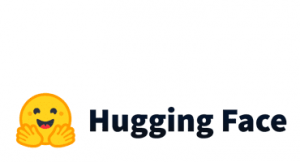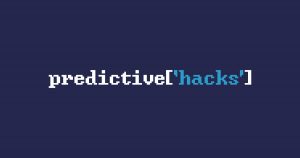One of the most popular web pages about Covid-19 is the worldometers which provides a detailed report about Coronavirus cases by country. Today, we will show how we can use R to Web Scrape the summary table of the site.
library(tidyverse)
library(rvest)
url <- "https://www.worldometers.info/coronavirus/"
my_table<-url%>%read_html()%>%html_table()%>%.[[1]]
# There are some "+" symbols and the ","
# for the thousand separators that we wan to remove them
my_table[]<-lapply(my_table, function(x) (gsub("\\,|\\+", "", (x))))
# convert all but the first and last column to numeric
my_table[,c(3:12)] <- sapply(my_table[c(3:12)],as.numeric)
Since we got the data and we cleaned them, we can provide some statistics like:
Q: Which are the top 10 countries in Deaths per 1M Population?
my_table%>%arrange(-`Deaths/1M pop`)%>%
select(`Country,Other`,`Deaths/1M pop`)%>%
head(10)
Country,Other Deaths/1M pop
1 San Marino 1032
2 Andorra 375
3 Spain 363
4 Italy 322
5 Belgium 311
6 France 212
7 Sint Maarten 210
8 Netherlands 160
9 UK 156
10 Switzerland 126Enjoy your analysis!





8 thoughts on “Web Scraping worldometers for Coronavirus”
I am very glad about so such analysis
but output shows only pop values if possible guide me
warm regards
They changed the format of the table. I fixed it now.
please guide me about this Warning messages:
1: In lapply(X = X, FUN = FUN, …) : NAs introduced by coercion
2: In lapply(X = X, FUN = FUN, …) : NAs introduced by coercion
3: In lapply(X = X, FUN = FUN, …) : NAs introduced by coercion
4: In lapply(X = X, FUN = FUN, …) : NAs introduced by coercion
>
This means that some values like NA and N/A etc are converted to NAs. They also changed the format of the table. I fixed it now.
Hello,
If possible, could you post the fix.
Thanks
Hi Roger, what fix?
Great code. Is there a way to get historical data from Worldometer?
Thank you!